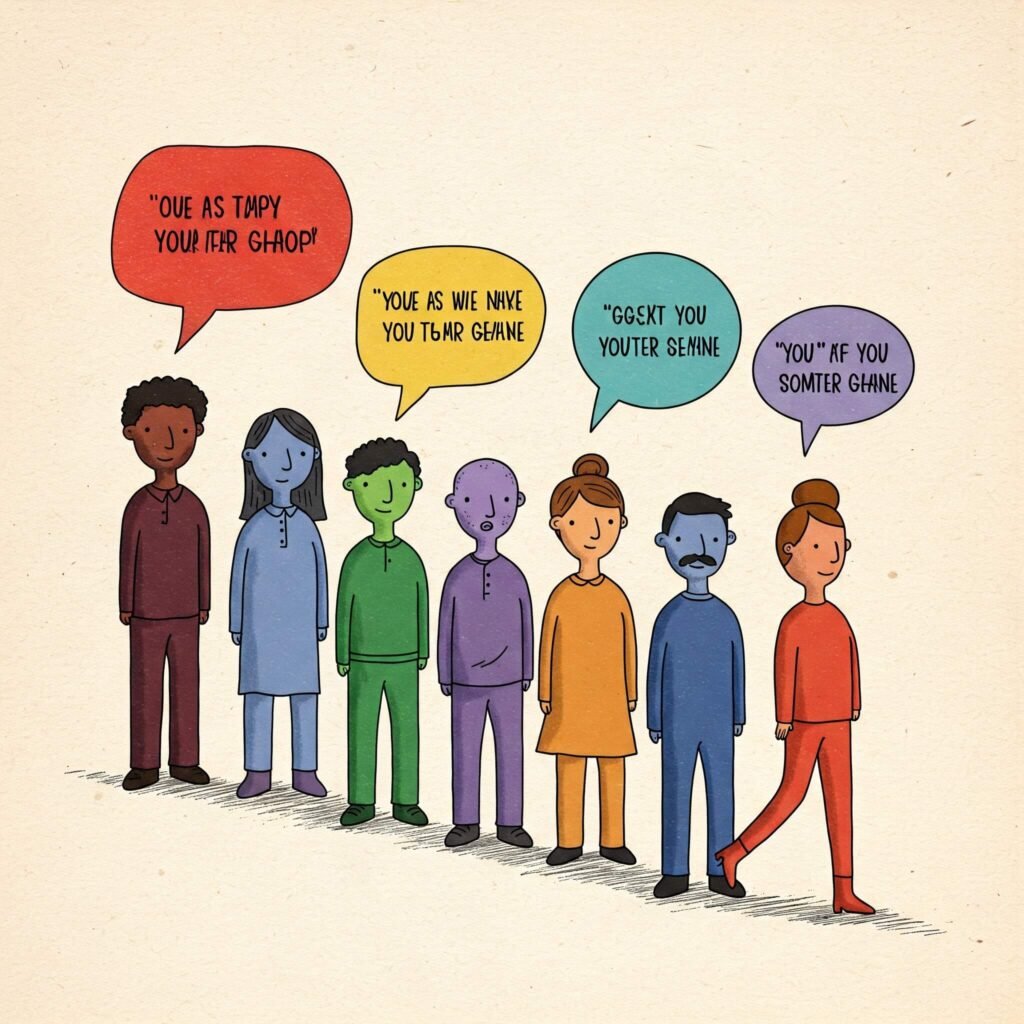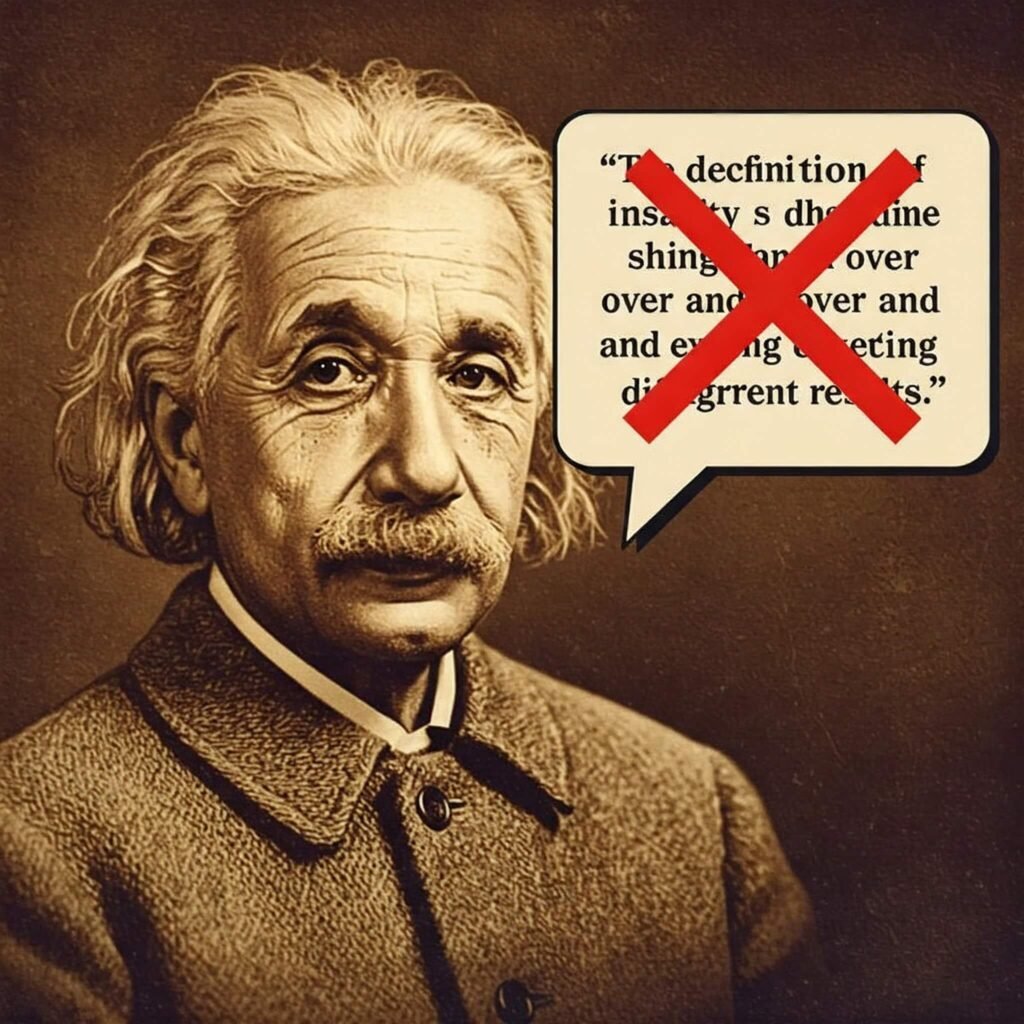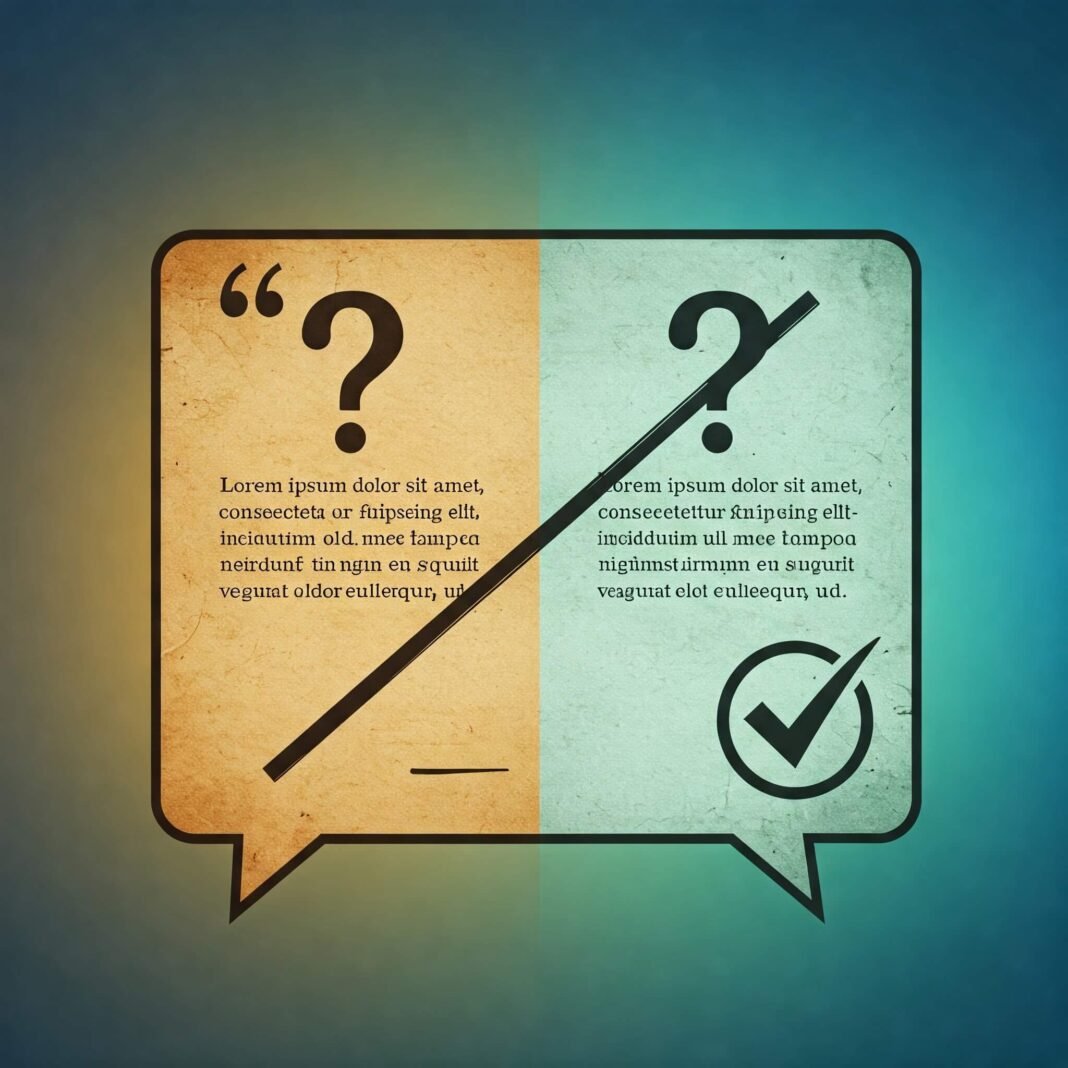If you’ve spent any time online – scrolling through social media, Browse motivational sites, or even just reading articles – you’ve undoubtedly encountered a deluge of quotes. Some are insightful, some are inspiring, and some… well, some make you pause and think, “Did they really say that?” Welcome to the world of viral quotes fact-checked.
It’s astonishing how quickly a powerful phrase, whether from a historical figure, a celebrity, or even an anonymous source, can spread across the internet. Unfortunately, just as quickly, people easily muddle authorship, lose contexts, and put entirely fabricated quotes into the mouths of famous people. This isn’t just harmless fun; misattributed or fake quotes can distort history, perpetuate myths, and even influence public opinion.
As someone who’s sifted through mountains of online content, I’ve seen countless examples of quotes gone rogue. That’s why today, we’re diving deep into the fascinating, sometimes frustrating, world of fact-checking those compelling viral quotes that pop up everywhere. Let’s separate the wisdom from the wishful thinking and give credit where credit is actually due.
Why Do We Need Viral Quotes Fact-Checked?
You might wonder why it matters if someone attributes a quote to the wrong person. Isn’t the message itself the important thing? While the message can indeed be powerful on its own, knowing the true source and context adds crucial layers of understanding and authenticity.

- Historical Accuracy: Attributing words to historical figures they never spoke distorts their legacy and the historical record.
- Understanding Context: A quote taken out of its original speech, letter, or interview can mean something entirely different from its original intent. People can interpret it to mean something entirely different from the speaker’s original intent.
- Credibility: Sharing misattributed quotes, even unknowingly, can harm your own credibility as a source of information.
- Respect for Authorship: Real people crafted those original words, and they deserve proper credit.
The internet is an amazing engine for sharing, but it’s also a perfect breeding ground for misinformation, and misattributed viral quotes fact-checked are a prime example.
Famous Viral Quotes Fact-Checked: Separating Myth from Reality
Let’s tackle some of the most persistent and popular contenders in the world of questionable quotations. Get ready – this might challenge some long-held beliefs!
“The Only Thing Necessary for the Triumph of Evil…”
- Commonly Attributed To: Edmund Burke
- The Quote: “The only thing necessary for the triumph of evil is for good men to do nothing.”
- Viral Quotes Fact-Checked: While this sentiment is very much aligned with the philosophy of Irish statesman Edmund Burke (1729-1797), especially concerning the French Revolution, there’s no direct evidence he ever wrote or said this exact sentence. Similar phrases and ideas appear in his works, but this concise, often-quoted version is likely a later paraphrase or interpretation of his ideas, not a direct quote.
- Real Takeaway: While not a precise Burke quote, the idea resonates with his warnings about inaction.
“Let Them Eat Cake” – The Truth Behind the Famous Quote
- Commonly Attributed To: Marie Antoinette, Queen of France
- The Quote: “Let them eat cake” (referring to peasants starving because they had no bread).
- Viral Quotes Fact-Checked: This is perhaps one of the most famous misattributions in history. There is no reliable historical evidence that Marie Antoinette ever uttered these words. The phrase “Qu’ils mangent de la brioche” (Let them eat brioche/cake) appeared in writings before Marie Antoinette was even queen in France, possibly attributed to other royalty. People popularized and associated it with her much later, likely as a form of propaganda to portray the monarchy as out of touch and callous during the French Revolution.
- Real Takeaway: A powerful symbol of aristocratic indifference, but a line Marie Antoinette almost certainly never said.

“Be the Change You Want to See…” – The Real Gandhi Quote
- Commonly Attributed To: Mahatma Gandhi
- The Quote: “Be the change you want to see in the world.”
- Viral Quotes Fact-Checked: This is a very popular quote and does capture the essence of Gandhi’s philosophy. However, the exact wording is likely a paraphrase rather than a direct quote. One closely related quote from Gandhi is: “If we could change ourselves, the tendencies in the world would also change. As a man changes his own nature, so does the attitude of the world change towards him… We need not wait to see what others do.”
- Real Takeaway: The sentiment is Gandhi’s, embodying his belief in personal responsibility for societal change, but the phrasing is likely an evolution or simplification of his actual words.
“Reports of My Death Are Greatly Exaggerated”
- Commonly Attributed To: Mark Twain
- The Quote: “Reports of my death are greatly exaggerated.”
- Viral Quotes Fact-Checked: This one is TRUE! Mark Twain (Samuel Clemens) famously said this in a letter to his friend Frank Marshall White in 1897, responding to a false report of his demise that the New York Journal published.
- Real Takeaway: A genuinely witty line from the legendary author, born out of necessity!
“The Definition of Insanity Is…” – NOT Einstein!
- Commonly Attributed To: Albert Einstein
- The Quote: “The definition of insanity is doing the same thing over and over and expecting different results.”
- Viral Quotes Fact-Checked: Although many widely attribute it to the brilliant physicist, there is no evidence whatsoever that Albert Einstein ever said or wrote this. The origin of this specific phrasing is unclear, but researchers and readers can find similar ideas about habit and outcomes in various psychological texts and even Narcotics Anonymous literature from decades after Einstein’s death. People falsely link it to a famous name to give it perceived authority.
- Real Takeaway: A popular saying with an unknown origin, falsely linked to a famous name to give it perceived authority.

The Real Impact of Misattributed Viral Quotes
Beyond simply getting history wrong, spreading unchecked viral quotes fact-checked can have tangible effects:
- Shaping Narratives: A powerful but misattributed quote can become shorthand for a complex historical event or person, oversimplifying or distorting the truth.
- Boosting Misinformation: When people see a quote that someone attributes to a respected figure, they’re more likely to believe and share it, even if it’s false or taken out of context. This contributes to the overall noise of misinformation online.
- Undermining Trust: If people repeatedly encounter information that turns out to be false, even something as seemingly small as a quote, it can erode trust in online content in general.
How to Fact-Check Viral Quotes Yourself
So, how can you become a savvier consumer of online quotes and do your own viral quotes fact-checked before hitting that share button?
[Image Placeholder: Graphic with icons representing search, books, question marks, and verification checkmarks.]
Here are some quick tips:
- Google is Your Friend (Used Wisely): Search the exact quote in quotation marks. Look beyond the first few results, especially if they are just quote aggregators.
- Look for Reputable Fact-Checkers: Sites like Snopes, FactCheck.org, and Politifact often investigate popular quotes and claims. Academic sources and established historical archives are also excellent resources.
- Check the Source’s Source: If an article or social media post provides a source for the quote, check that source if possible. Is it a primary source (original document) or a secondary interpretation?
- Look for Context: Even if someone spoke the words, did the context accurately represent them? A quote can be technically correct but used to imply something the speaker didn’t intend.
- Be Skeptical of Image Quotes: While many are accurate, image quotes (JPEGs, PNGs) are incredibly easy to fabricate and spread quickly without source information. People can incredibly easily fabricate image quotes and spread them quickly. A viral image quote is a prime candidate for fact-checking.
Beyond Viral Quotes Fact-Checked: A Call for Skepticism
Ultimately, the prevalence of misattributed quotes highlights the need for a healthy dose of skepticism online. Before you hit ‘like’ or ‘share’ on a quote that resonates with you, take a moment to consider its source. Does it seem plausible? Does someone attribute it to someone known for saying things like that? A quick search can save you from inadvertently spreading a historical inaccuracy or a fabricated saying.
Fact-checking viral quotes fact-checked isn’t about being pedantic; it’s about respecting truth, history, and the power of words. By taking a moment to verify, we contribute to a more accurate and trustworthy online environment.
What’s the most surprising misattributed quote you’ve ever encountered? Share it in the comments below!




